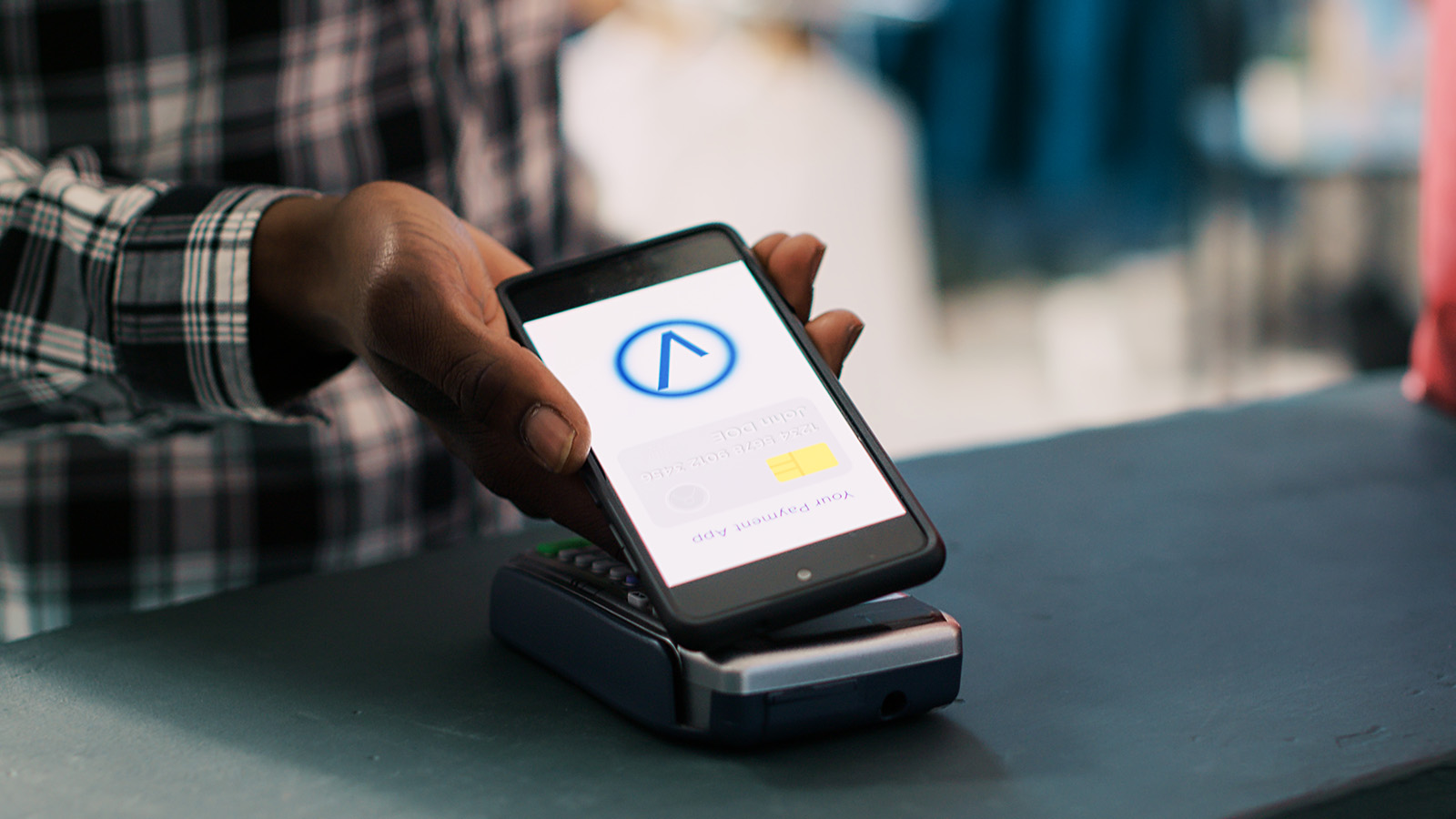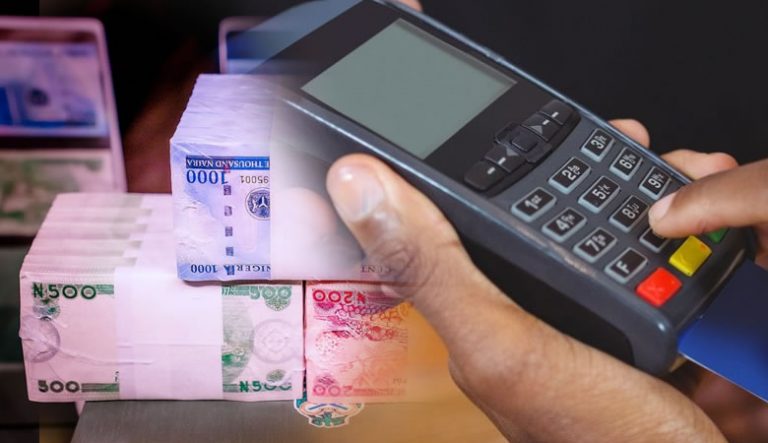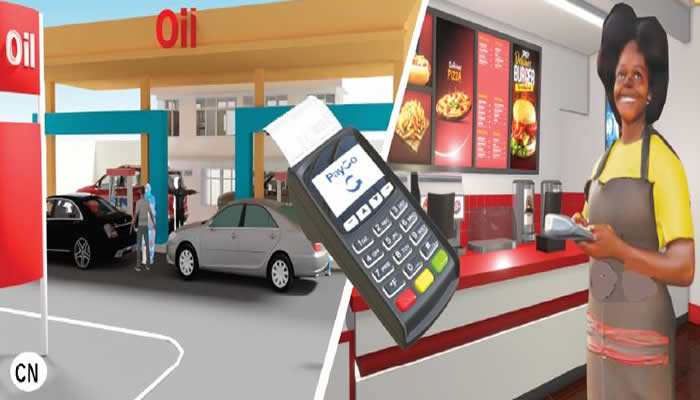Kwame Mensah, a small business owner in Sunyani in the Bono Region, had worked tirelessly for years to build his enterprise. His business depended heavily on mobile money transactions, as most customers found it convenient to pay through their mobile wallets.
In May 2023, Kwame received a phone call from an individual claiming to be a customer service agent from his mobile network provider. The caller spoke confidently, explaining that there had been an issue with Kwame’s mobile money account and that immediate verification was needed to prevent it from being blocked. The so-called agent requested his mobile money PIN to rectify the issue.
Caught off guard and eager to ensure his business operations were not disrupted, Kwame hesitated but eventually provided the details. Within minutes, he received notifications of withdrawals from his account. Panic set in as he realised what had happened. He dialled the network’s customer care number, but it was too late, his entire working capital had vanished.
“I received a call from an unfamiliar number claiming to be from MTN. The caller said there was an issue with my MoMo account and offered to assist me. Before I realised it, I had fallen victim to a scam, and my account was completely emptied.”
For Miss Bernice Opoku, a nurse in Abesim, her attempt to redeem a prize after receiving a text message informing her of winning a substantial cash prize in a promotional lottery was the beginning of her woes. The message appeared legitimate, complete with official-looking branding and a customer service number to call for verification. However, unbeknownst to her, it was just another scam. She fell for it, and her wallet was emptied in an attempt to redeem the prize.
As fraudsters continue to exploit unsuspecting victims through social engineering tactics, taking advantage of their trust and lack of awareness about such schemes, the unfortunate experiences of both victims and several others highlight the growing menace of digital fraud in Ghana.
Surge in digital fraud
The Bank of Ghana (BoG) has categorised MoMo fraud into various types, including mobile network operator fraud, fake promotions, scam messages, fraudulent transaction reversals, and fortuitous scams.
The rise in digital fraud continues to pose significant risks to banks, customers, and the government’s push for cashless transactions and financial inclusion. Kwame Oppong, Director of Fintech and Innovation, attributes the rise in digital fraud cases to new tactics adopted by fraudsters to deceive both vendors and users of mobile money platforms.
According to Dr Kwasi Osei-Yeboah, Head of the Financial Stability Department at the Bank of Ghana, digital fraud led to a total loss of GH¢20.8 million in 2023, underscoring the urgent need for stronger security measures and public awareness initiatives.
“In 2023, banks reported 15 SIM swap cases with a total loss value of GH¢4.8 million; and at the same reference period, PSPs recorded 14,655 SIM swap-related frauds with a total loss value of GH¢16 million,” he revealed.
The need for advanced security
The remarkable growth in digital transactions continues to be a game-changer in the country’s financial landscape, highlighting the increasing adoption of digital financial services.
This sharp rise in transaction volumes can be attributed to several factors, including the growing penetration of mobile technology, improved financial literacy, and the increasing trust in digital payment systems.
Dr Osei-Yeboah acknowledges the strides made in transitioning banking services online, with up to 80 percent of banking products now accessible through digital platforms. However, amid these advancements, concerns are often raised over the alarming increase in fraudulent activities targeting digital financial services.
This surge not only reflects a shift in consumer behaviour toward cashless transactions but also presents an immense opportunity to further enhance financial inclusion, particularly for the unbanked and under-banked populations.
According to data from the Bank of Ghana, the total value of mobile money transactions for 2024 reached a historic high of GH¢3.0192 trillion, representing an impressive year-on-year growth of approximately 57.90%.
Additionally, regulatory policies that promote fintech innovations, coupled with strategic collaborations between banks, telecom operators, and financial service providers, have played a crucial role in this sustained growth.
Bolstering security measures
As the sector continues to evolve, ensuring robust regulatory frameworks, enhanced cybersecurity measures, and customer protection policies will be key to maintaining trust and sustaining this remarkable growth in Ghana’s digital financial ecosystem.
Dr Osei-Yeboah recommends a more comprehensive approach among stakeholders to confront this growing threat head-on by implementing robust layered authentication and verification procedures and fostering collaboration between financial institutions, law enforcement agencies, and regulatory bodies.
“We want to use this opportunity to encourage financial institutions to bolster the security arrangements around their digital products by implementing layered authentication and verification procedures, including multi-factor authentication, as well as employing encryption technologies to protect data during transactions,” he said.
He also highlights the significance of public education and awareness as essential components in the fight against fraud, emphasising that an informed public is the first line of defence against deceptive schemes.
For Dr Ken Ashibey, the Chief Executive of the Ghana Chamber of Telecommunications, robust regulatory frameworks that ensure accountability and protect consumers in financial transactions are critical.
He further calls for the implementation of stringent policies and oversight mechanisms to deter fraudulent activities and enhance trust in the system.





